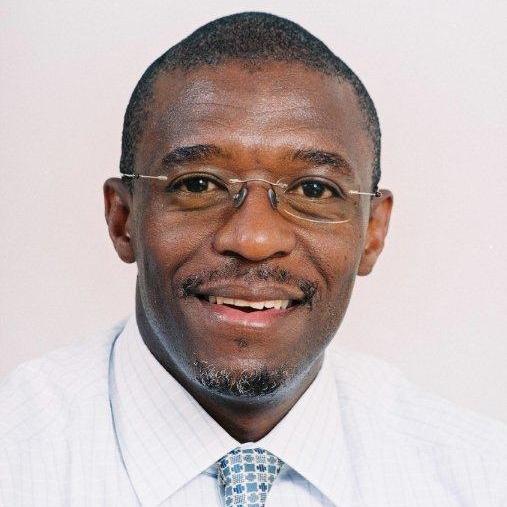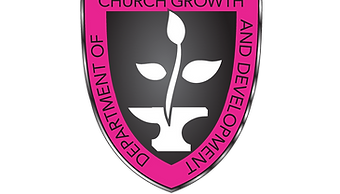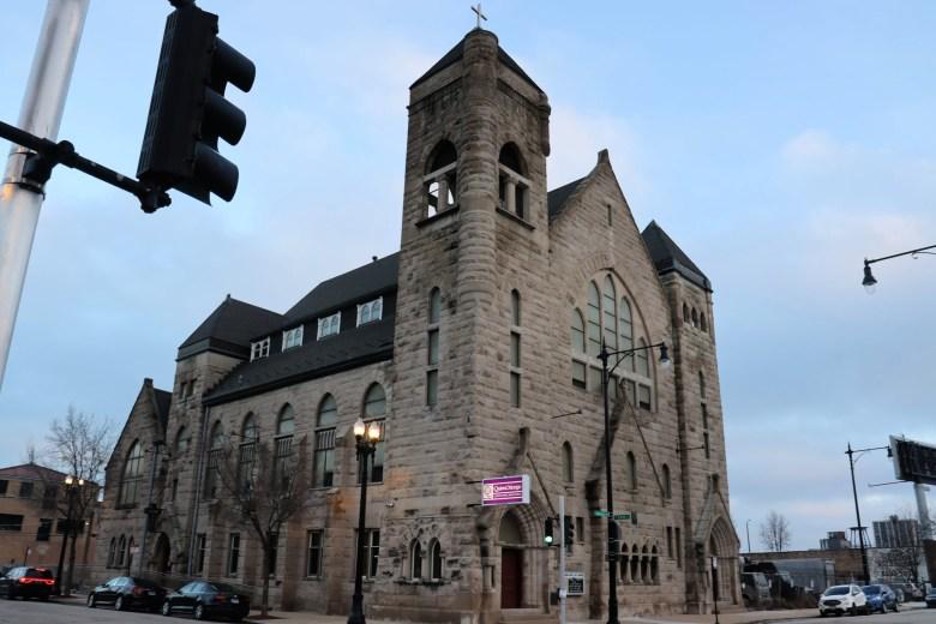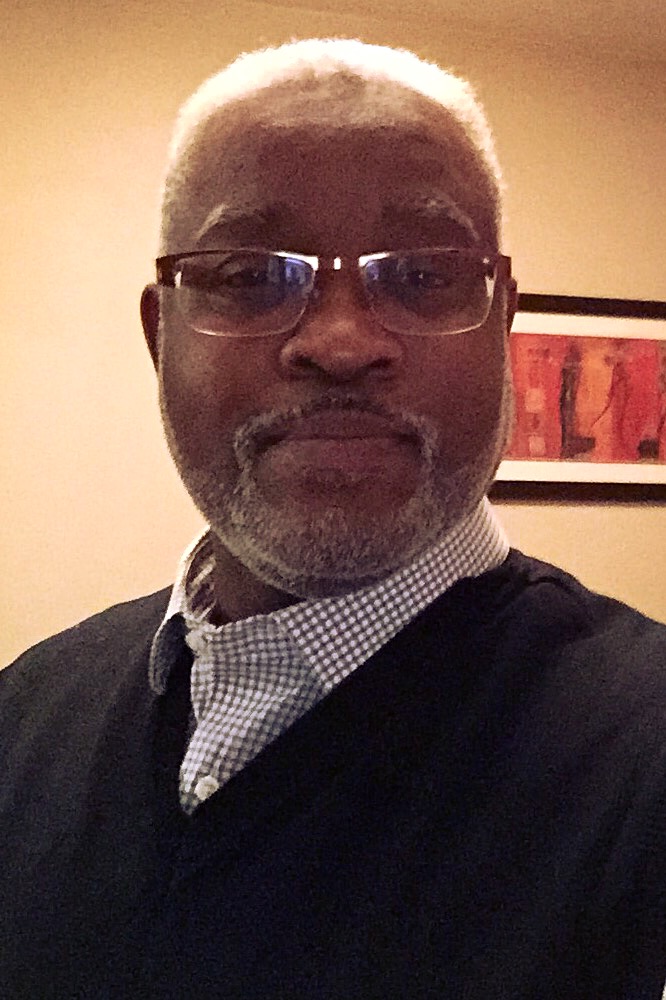By Rev. Gaborone P Lesito, 19th Episcopal District Field Representative
In Memorial: Archbishop Emeritus Desmond Mpilo Tutu
By Rev. Gaborone P Lesito, 19th Episcopal District Field Representative
One of the greatest names, freedom fighters, social justice activists, clergymen, and moral compasses of South Africa and the world has passed on.
Some have met him; some had interactions and conversations with him, while others walked where he did. But, for many, the closest experience of him was through television and perhaps his books—that is the category I fit in.
In the wake of his death, we must ask, is South Africa going to have another to rise as did Archbishop Tutu? Does his death mean the work of peace has ended? We must ensure that this chain is never broken.
“Arch,” as he was affectionately known by many, passed away in Cape Town at the age of 90. Coming out of the mining town of Klerksdorp, Archbishop Desmond Tutu was trained as a teacher though he was already admitted to medical school. In 1957 he attended St. Peter’s Theological College in Johannesburg after only two years as a teacher. He was ordained a Deacon in 1960 and Priest in 1961. Following the latter, he immediately moved to King’s College in London to study for a Master of Arts in Theology in 1962. Archbishop Tutu served as the Associate Director of the World Council of Churches (WCC) from 1972 to 1975 and the South African Council of Churches (SACC) from 1978 to 1985 as its General Secretary. Desmond Tutu has been honoured with other awards such as the Templeton Prize in 2013 and the Presidential Medal of Freedom in 2009. He is the last surviving South African laureate of the Nobel Peace Prize, which he received in 1984 for his role in the opposition of `Apartheid in South Africa.
On 15 December 2021, as our family, most of whom are from Lesotho, gathered for a cremation service for one of us in Bloemfontein, conversations led to Archbishop Tutu. As praises and accolades were pouring, I got excited because one of my family members quickly reminded me that South Africans must thank Lesotho for making Tutu who he is. This aptly reminded me that Arch served Lesotho as Bishop before he became Bishop of Lesotho from 1976 to 1978.I had to remind them, though, that he was already groomed by South Africa through his position as dean of St. Mary’s Cathedral in Johannesburg in 1975. His path continued as Tutu was installed as the first black Anglican Bishop of Johannesburg in 1985 and a year later in 1986 as the first Black Archbishop of Cape Town – the most senior position in Southern Africa’s Anglican Church hierarchy – ending this role in 1996.
In 1994 President Nelson Mandela appointed Arch as the chairperson of the Truth and Reconciliation Commission (TRC). President Ramaphosa said as the chairperson of the Truth and Reconciliation Commission, Tutu articulated the “universal outrage at the ravages of apartheid and touchingly and profoundly demonstrated the depth of meaning of ubuntu, reconciliation, and forgiveness.” In addition, Archbishop Tutu was a founding member and chair of “The Elders” (2007-2013). While in this role, he travelled to Cyprus several times to encourage reconciliation between the Greek Cypriot and the Turkish Cypriot communities. He also travelled to Israel and the occupied Palestinian territories, Sudan and South Sudan, Cote d’Ivoire, and Iran for peacekeeping missions.
Those who never met him can still do so through some of his books, such as The Book of Joy, which he co-authored with The Dalai Lama. Other notable works include The Book of Forgiving, No Future Without Forgiveness, God’s Dream, God Has a Dream, Made for Goodness, and God is not a Christian, among others.
The African Methodist Episcopal (AME) Church can claim some piece of Archbishop Tutu as his family was initially Methodists, and it was into this tradition that he was baptised. His family moved to the AME Church before finally going to the Anglican Church.
Archbishop Tutu was married to Nomalizo Leah Tutu, nee Shenxane, in 1955 and was blessed with four children.
No disclaimer can ever be enough, but this is a colossally abbreviated life – yes, Mpilo, means life – The life of Archbishop Emeritus Desmond Mpilo Tutu. Vilakazi Street in Orlando West in SOWETO South Africa, had a great man living as a neighbour to Nelson Mandela.
The Arch’s funeral was on 1 January 2022, following his lying-in-state for two days in Cape Town’s St. George’s Cathedral. Of his death, President Cyril Ramaphosa said: “Archbishop Emeritus Desmond Tutu’s passing is another chapter of bereavement in our nation’s farewell to a generation of outstanding South Africans who have bequeathed us a liberated South Africa.”





